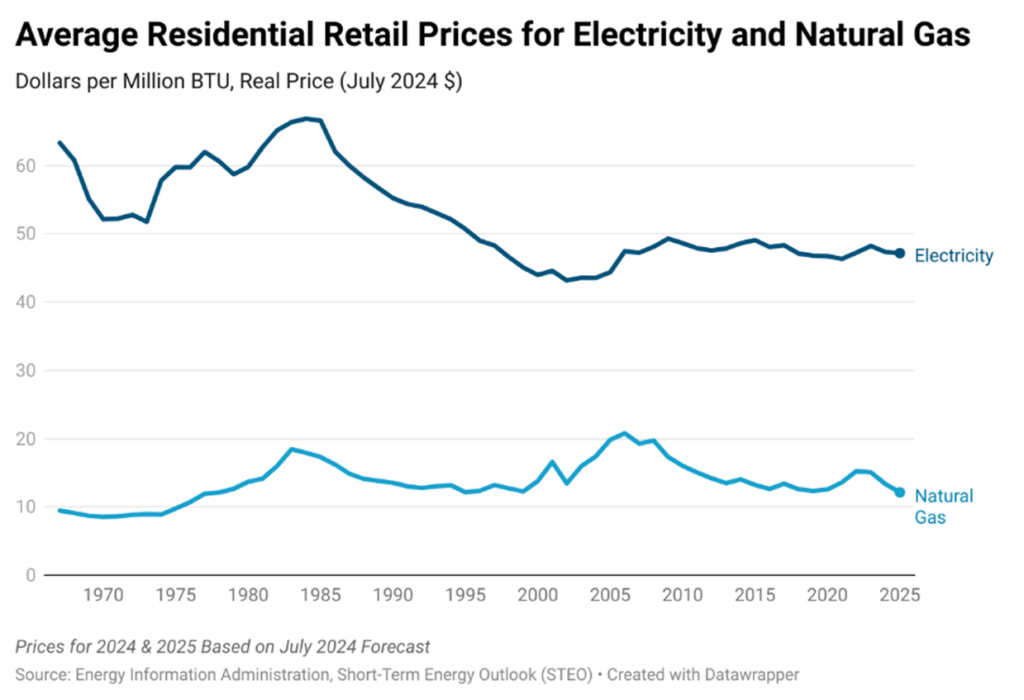An Obligation to Serve: Policy Changes and Their Impact on Natural Gas Services

In the first part of this mini-series, we explored the historical and legal foundations of the natural gas utility obligation to serve. Now, let’s turn our attention to the dynamic landscape of public policy and climate change. As the urgency to reduce greenhouse gas emissions grows, regulators are reevaluating existing policies to ensure they align with new environmental goals. AGA’s recent report provides valuable insights into how these evolving factors are shaping the future of natural gas services, particularly concerning line extension policies.
Line extension allowances have been instrumental in maintaining equitable access to natural gas services. These allowances ensure that the costs of connecting new customers are distributed fairly, preventing undue financial burdens on either new or existing customers. However, as climate change concerns drive interest in alternative fuels, such as electricity, some jurisdictions are reconsidering these traditional obligations.
The report finds that limiting or removing line extension allowances could artificially increase upfront costs for new customers beyond what the equitable distribution of costs would dictate.
The immediate impact of this decision is obvious: new customers will be forced to pay more to access natural gas, forcing them to pay the full incremental cost of the decision to hook up to the system – or at least moving the price closer to the full incremental cost. Wealthier customers who could afford the upfront costs would still be able to get access to natural gas and all the affordability advantages inherent to it. Poorer customers that may not be able to afford the higher upfront cost will be locked out of access to natural gas. With the U.S. Energy Information Administration estimating that the retail cost of an MMBtu of electricity will be approximately four times the retail cost of an MMBtu of natural gas by 2025 (see graph below), a larger proportion of the cost to decarbonize our energy system might be borne by those who are least likely to be able to afford it and who will be most adversely impacted by an inability to access affordable, life-affirming energy during the coldest days of the year.

While very few jurisdictions have made a move to change their traditional obligations to serve, the report highlights several that have already done so or are considering these policies. Thus far, all jurisdictions that have used policy levers to try and change the obligation to serve have balked at banning natural gas line extensions. However, some jurisdictions, including California, Colorado, Oregon and Washington have directed natural gas utilities to phase out line extension allowances, typically by 2025
The obligation to serve remains a vital principle for natural gas utilities. It helps ensure that all customers, regardless of their location or economic status, have access to safe, affordable and reliable energy. Any changes to this obligation must be carefully considered to avoid unintended consequences.
